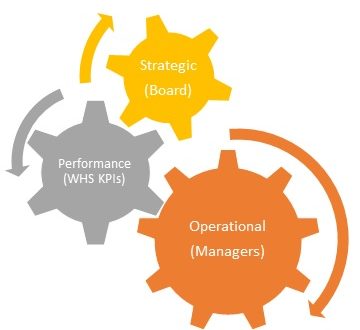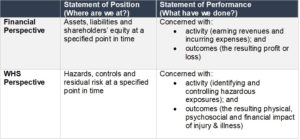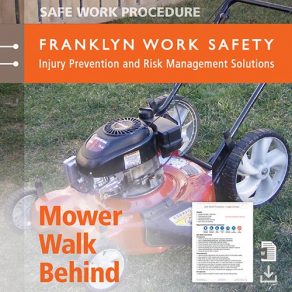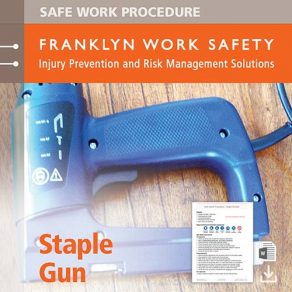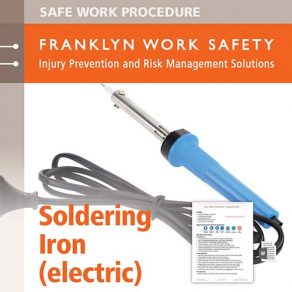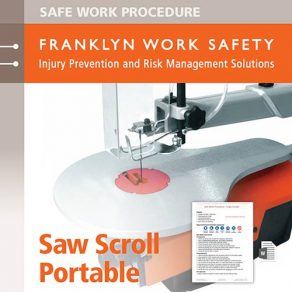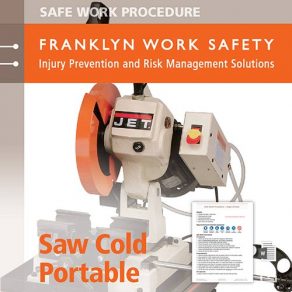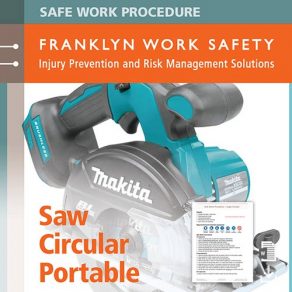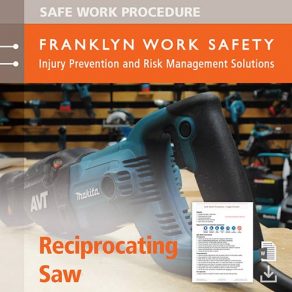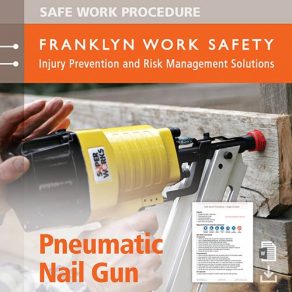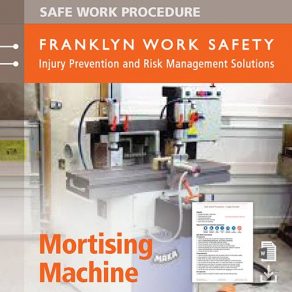Officers’ WHS Due diligence
Exercising due diligence in decision-making is an essential element of good business practice. It is also a requirement that officers must observe under both the Corporations Act and under s 27 of the model WHS Act. The standard of due diligence required by an officer to discharge his or her WHS duty represents the mandatory baseline of standards, accountabilities and consequences for the actions of those persons in positions of control of work. The steps identified in s 27(5) of the model WHS Act, which sets out the meaning of ‘WHS due diligence’, provide a useful framework for identifying, organising and reporting the WHS information needed to protect the health and safety of workers and other persons, and support business decisions. They require officers to take reasonable steps to acquire and keep up-to date knowledge of WHS matters and ensuring that the Person in Control of the Business or Undertaking (PCBU – Safe Work Australia Guideline on Meaning of PCBU ) has, and implements, processes for complying with its WHS duties.
Comparison of Finance Reporting versus WHS Reporting
Just as financial reporting provides essential information about financial performance (i.e. ‘profit and loss’ over a period) and financial position (i.e. ‘balance sheet’ at a point in time) so that Officers can exercise Due Diligence, WHS reporting should provide officers and the PCBU with essential information about WHS performance (i.e. actions and outcomes over a period) and WHS position (i.e. health and safety at a given point in time). These can be summarised as follows:
Article Source: Safe Work Australia – Measuring and Reporting on Work Health and Safety 2017

